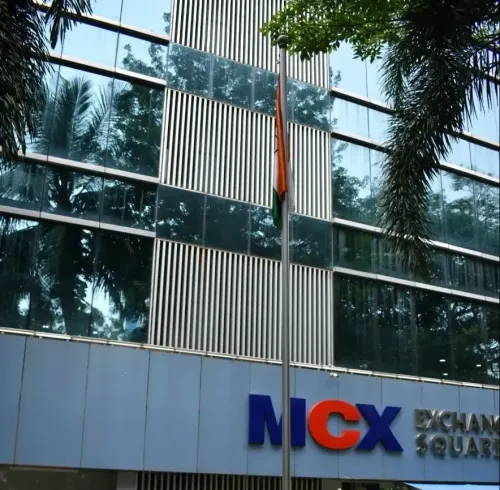Approximately 1.16 Million Women Serving as Directors in Indian Corporations: Government

New Delhi, Dec 17 (NationPress) Approximately 1.16 million women are presently serving as directors in public and private firms across the nation, as revealed by the government during a parliamentary session on Tuesday. This move is part of a broader initiative to boost women's involvement in decision-making roles within various enterprises.
Out of this total, 1,111,040 women hold director positions in private companies (including One Person Companies), 46,939 are affiliated with unlisted public firms, and 8,672 serve on the boards of listed public companies, as stated by Minister of State for Corporate Affairs, Harsh Malhotra, in a written response to the Rajya Sabha.
The Ministry of Corporate Affairs has incorporated numerous provisions in the Companies Act, 2013, aimed at enhancing women's representation in senior management roles. This includes a requirement for specific classes of companies to appoint at least one female director.
Furthermore, every listed company and any public entity with a paid-up share capital of Rs 100 crore or more, or a turnover exceeding Rs 300 crore, must have at least one woman director on its board.
Should a company fail to adhere to this stipulation, both the company and its officers in default may face penalties as outlined in section 172 of the Companies Act, 2013, according to the ministry.
As of the current fiscal year (FY25), the total number of registered companies stands at 112,962 (up to November 30).
In parallel, to enhance the insolvency resolution process and ensure effective implementation of the Insolvency and Bankruptcy Code, 2016 (IBC), the government has enacted six amendments to the IBC.
Minister Malhotra noted that the Insolvency and Bankruptcy Board of India has made over 100 amendments to regulations since the IBC's launch, aimed at meeting market needs, streamlining processes, and maximizing the value of corporate assets. The IBC offers a comprehensive framework for the reorganization, insolvency resolution, and liquidation of corporate entities, excluding financial service providers (FSPs).
Nevertheless, Section 227 of the IBC allows the central government to designate FSPs and specific categories of FSPs for insolvency and liquidation procedures.









